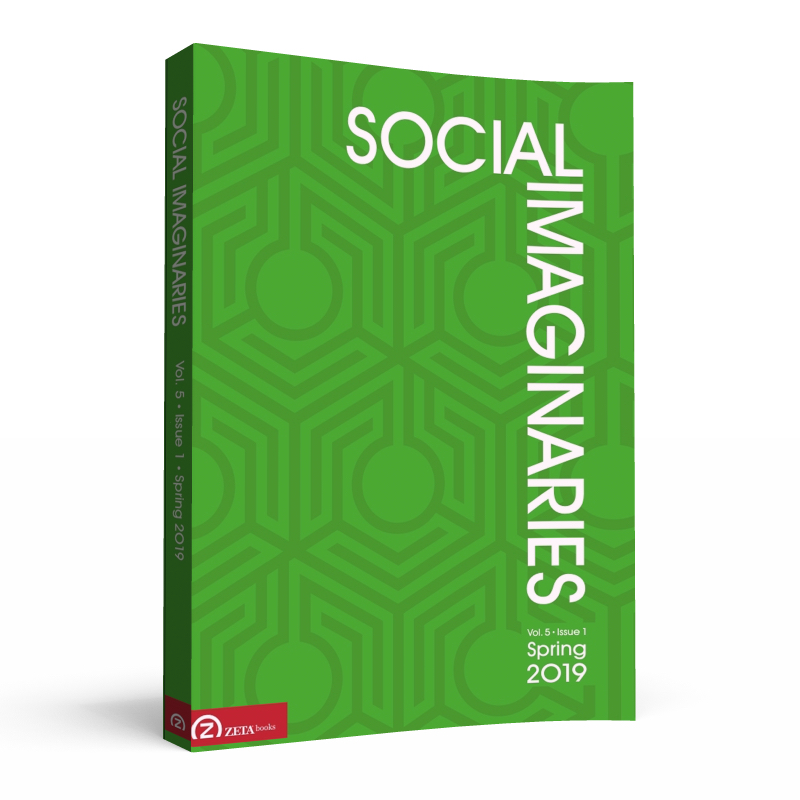Twardowski, Ingarden, and Blaustein on Creative Imagination: A Study on Early Phenomenology
Twardowski, Ingarden, and Blaustein on Creative Imagination: A Study on Early Phenomenology
Author(s): Witold PłotkaSubject(s): Philosophy, Phenomenology
Published by: Zeta Books
Keywords: act of imagining; creative imagination; imaginative intuition; fictional object; purely intentional object; Twardowski; Blaustein; Ingarden;
Summary/Abstract: The article is a critical elaboration of two phenomenological theories of imagination formulated by Ingarden and Blaustein in their discussion with Twardowski. Ingarden, as well as Blaustein were students of both Twardowski and Husserl, however, they defined imagination in two different contexts: whereas for Ingarden a proper way of analysis of imagination is ontology, for Blaustein imagination is the object of descriptive psychology, connected mainly with an aesthetic experience. As a result, the question of creativity of imagination is described in two different, but intertwined ways. For Ingarden, creative imagination is understood as a noematical structure which generates the imagined object as a purely intentional object. Ingarden’s description expresses the ontological status of the imagined object as ontologically dependent on the act of imagining, and on the content of the imagined object. In his review of Ingarden’s Das literarische Kunstwerk, Blaustein was clear that one has to revise Ingarden’s theory of purely intentional object by adopting it to imaginative intentionality and aesthetic experience. To elaborate Ingarden’s theory of imagination, Blaustein discusses it also with reference to Twardowski. Blaustein claims that Twardowski’s Cartesian differentiation between perceptive, reproductive, and creative imagination is based on a vague criterion, and moreover it does not refer to two key notions of descriptive psychology, i.e., the notion of the representative content, and the intentional object. As a result of his critique, Blaustein limits the concept of creative imagination to ‘fantasy’, understood as secondary imagination.
Journal: Social Imaginaries
- Issue Year: 5/2019
- Issue No: 1
- Page Range: 121-141
- Page Count: 21
- Language: English
- Content File-PDF

